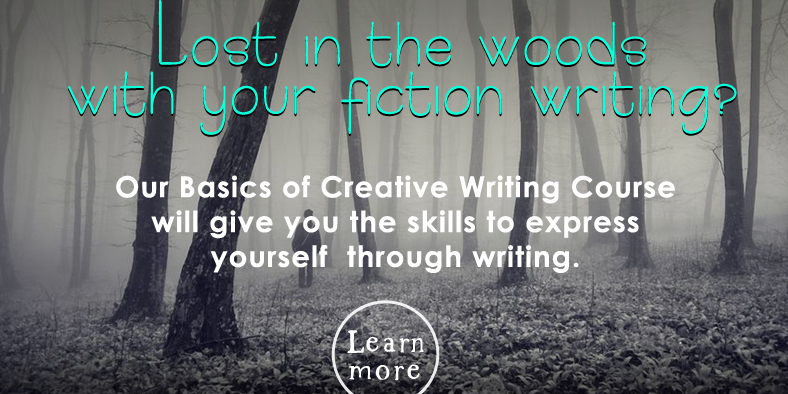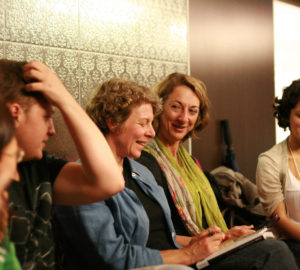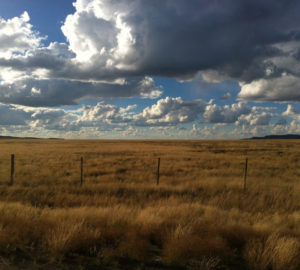BY NIKKY LEE
“Kill your adverbs.”
This advice came from thriller writer John Harman. I was eighteen, in my first year of university, and had enrolled in one of his creative writing workshops to brush up on Writing Dramatic Dialogue. While I picked up many a handy dialogue tip, it was this particular nugget of wisdom that stuck with me.
Adverbs are pesky things. Writers love them; editors hate them. Perhaps that’s what led Stephen King to famously claim: “The road to hell is paved with adverbs.”
Adverbs, if you’re not familiar, are the modifiers of a verb, usually “ly” words—quickly, slowly, smoothly, dramatically—and they’ll kill your story faster than a pot of coffee spilt over a laptop. Use too many and your writing fizzles and dies.
“Just get rid of them,” John told me. So I did. And wow what a difference. Gone were my vague, long-winded sentences and uninspiring descriptions. In there place came sharp, decisive prose that cut straight to the point. With less words I could reveal character, capture action and ramp up suspense. My writing came alive.
Consider these examples:
She ran quickly verses she sprinted.
He spoke slowly verses he drawled.
The dog barked angrily versus the dog gnashed its teeth.
Where the adverb is used, the writing is bland and uninspiring. The sentences also tell, rather than show the action—adverbs are a great enabler of this and it’s another reason to avoid them wherever possible.
To illustrate my point further, here’s what an overuse of adverbs does to a paragraph:
Bella ran quickly down the hall. The lights were out and the storm raged angrily outside.
“Matt,” she shouted loudly over the din. “Matt!”
A flash of lightning lit up the hall. Bella froze, breath catching in her throat. She could have sworn… She looked furtively down the passage. There in the shadows, something—someone—moved.
And it wasn’t Matt.
This time without adverbs:
Bella sprinted down the hall. The lights were out and the storm raged outside.
“Matt,” she screamed over the din. “Matt!”
A flash of lightning lit up the hall. Bella froze, breath catching in her throat. She could have sworn… She peered down the passage.
There in the shadows, something—someone—moved.
And it wasn’t Matt.
There is an argument that there is a time and a place for adverbs. Sometimes they’re unavoidable; sometimes there isn’t any other word that fits. That’s okay, just be sparing.
But I challenge you, the next time you write a sentence with an adverb, take another look at it. Try swapping it out for a stronger verb—or just delete it entirely. Nine times out of ten, you won’t miss it.
About the Author:
Nikky Lee is a New Zealand-based writer with a background in content marketing and copywriting. She has been published in Nature Journal, has interviewed a NASA engineer about Mars, and written an array of articles from cyborgs and big data to real estate and health insurance.
Nikky currently work as content writer for a New Zealand marketing agency, servicing clients across New Zealand and Australia. In her free time, she writes speculative fiction, exploring fantastic worlds where she mines asteroids and meets wizards.
Find out more about her writing here:
T: @NikkyMLee















